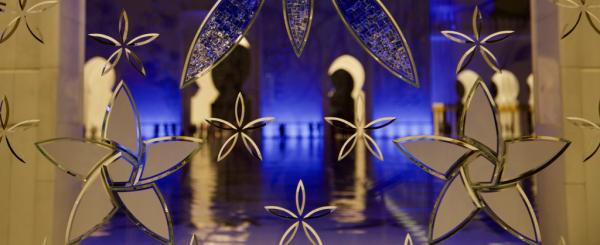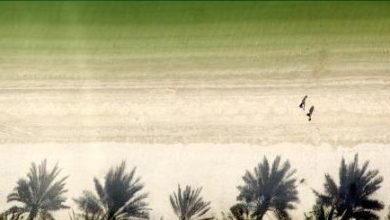PART 1 – WHY IS PATIENCE BEAUTIFUL?

Phrases like “be patient” and “patience is half of the faith” form a part of the Muslim’s everyday vocabulary, such that we seem to repeat it by rote. We are advised to be patient at the time of adversity, and to exercise “beautiful patience” at all times. Yet, is this possible given that the concept of patience is often at odds with events which trigger our requirement to be patient?
Patience is usually reactionary. We cannot scientifically decide to be patient today and impatient the day after. Patience is usually demonstrated upon impact. When one has to be patient, it implies that the circumstances are already adverse against that person.
In Islam, patience involves either refraining from something or persevering for something, purely for the sake of Allah. It is measured by how one reacts at the first blow of calamity, such as illness, death or unemployment. It is also gauged by how one continues to react until the calamity comes to a conclusion.
In Islam, one should not supplicate for patience. Otherwise, Allah will test his patience by sending down some form of misfortune to him. We know a man who had a stream of catastrophes raining down on him. The more he tried to be a good Muslim, the more calamities befell him. It turned out that one of his regular supplications was for Allah to grant him patience, and for that he was granted continuous hardship.
The root of patience depends on the reason for which the patience is exercised. For example, Apple fans can patiently queue up all night just to get their hands on a new Apple product, because they believe in the product. We endure our jobs and working conditions with patience because we believe in our salaries. We study hard in the expectation that a good degree will give us a better life.
The underlying theme is that the more we trust and believe in something, the more ability we have to exercise patience for what we believe in. This is in tune with our natural human desire to see quantifiable results for our efforts.
There is a direct connection between patience and trust. For example, when we board a plane, we trust the pilot, even if he is a complete stranger. This is because we trust the reputation of the airlines, and if the airlines had a disastrous safety record, we would avoid using that airlines even if it had the best pilots in the world. We trust our surgeon, which is why we consent to him cutting our flesh open for surgery. Again, we trust his reputation, for if he had a series of fatalities on the operation table, we would never trust him even to prescribe us an aspirin. If we do not trust the pilot or the doctor, we would demand, question, complain and even deny.
Similarly, life is a journey which is navigated by Allah. This journey has already been mapped out by Allah even before the creation of mankind. We cannot choose a different life or a different route. We exist by His will and our lives are commanded by His decree. Allah is the Owner of the earth and the skies, and everything in between. He is the owner of dominion, and we are part of that dominion. However the way we behave during our tribulations, with rebellion, hopelessness and ingratitude, indicate our deep distrust in Allah.
The real essence of patience in the Islamic sense is closely linked to trust in Allah. We should trust Allah to choose the best for us, even if at face value, some of the things chosen for us are difficult. The more we trust the One who has planned the situation, the easier to exercise patience, even on the things we dislike. If we trust Allah to organise our lives, then we would be able to cope with everything dealt to us with patience to Allah, regardless of the situation or the outcome.
How can Allah give us calamity and then ask us to exercise beautiful patience? Despite the apparent contradiction, we can only understand patience if we have the faith to understand that all circumstances originate from Allah. All that He has planned for us is beautiful, but only if we understood and accepted our circumstances with patience in His plan.
Nothing in the world is what it seems. Allah is the Creator of time and space, the earth and the skies, and nothing can happen without His will, wisdom and beautiful decree. If a situation upsets us, it means that something is lacking in our faith and trust in Allah.
To see the truth, we have to see things through faith in Allah. What the disbelievers may see as too far (for example, divine rewards or retributions), can be very near in the Kingdom of Allah: “So be patient with gracious patience. Indeed, they see it [as] distant, But We see it [as] near.” (Al Maarij 70:5 -70:7)




